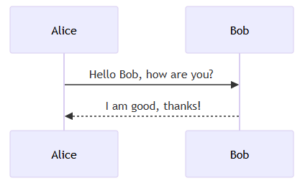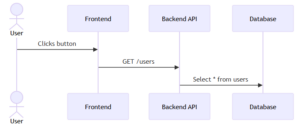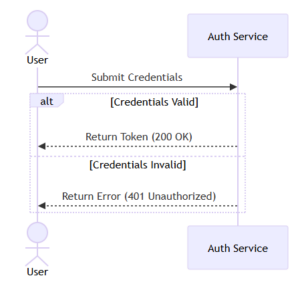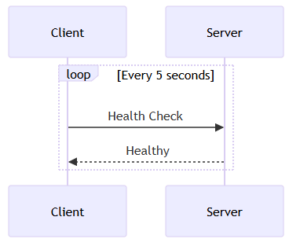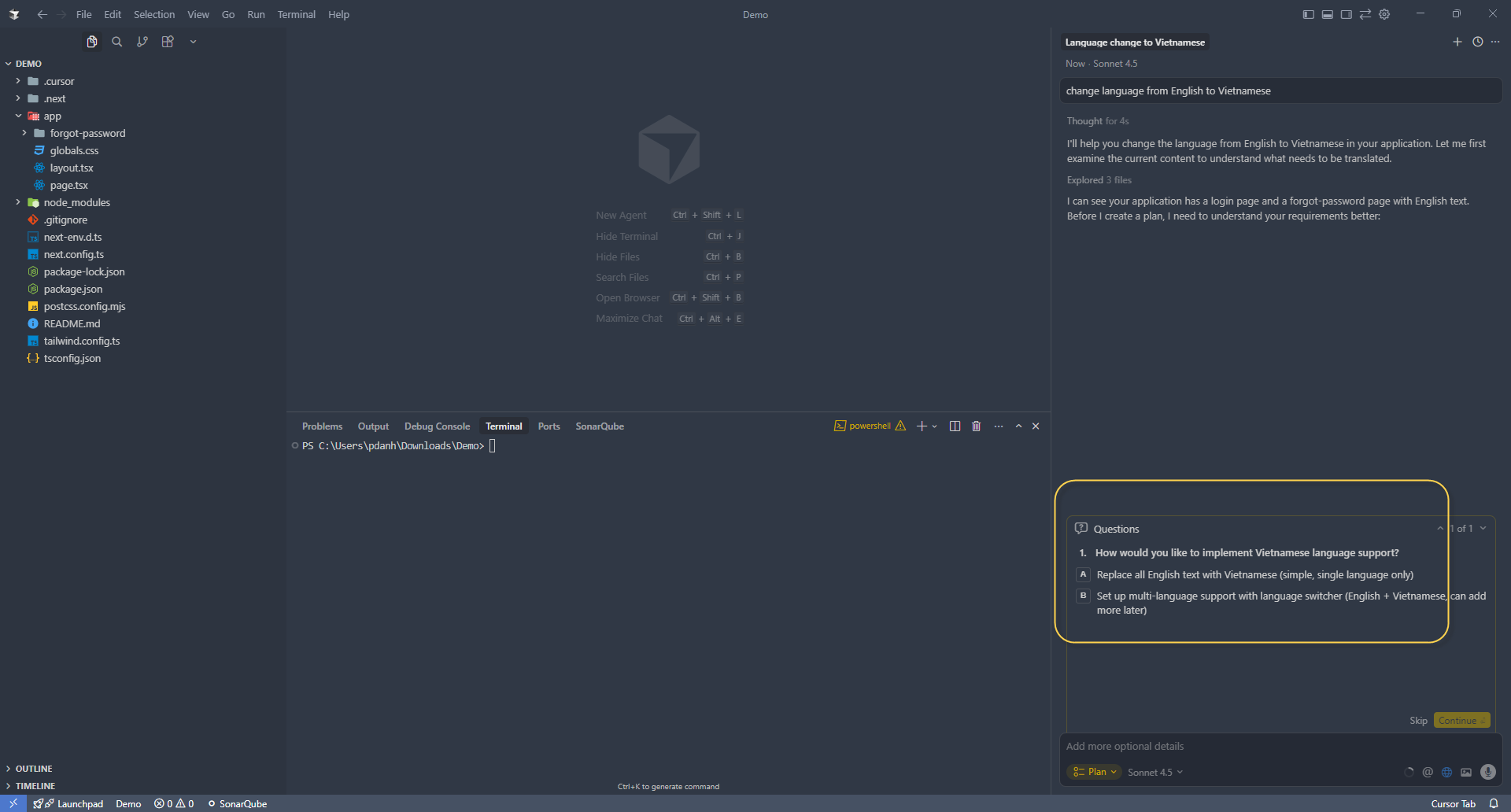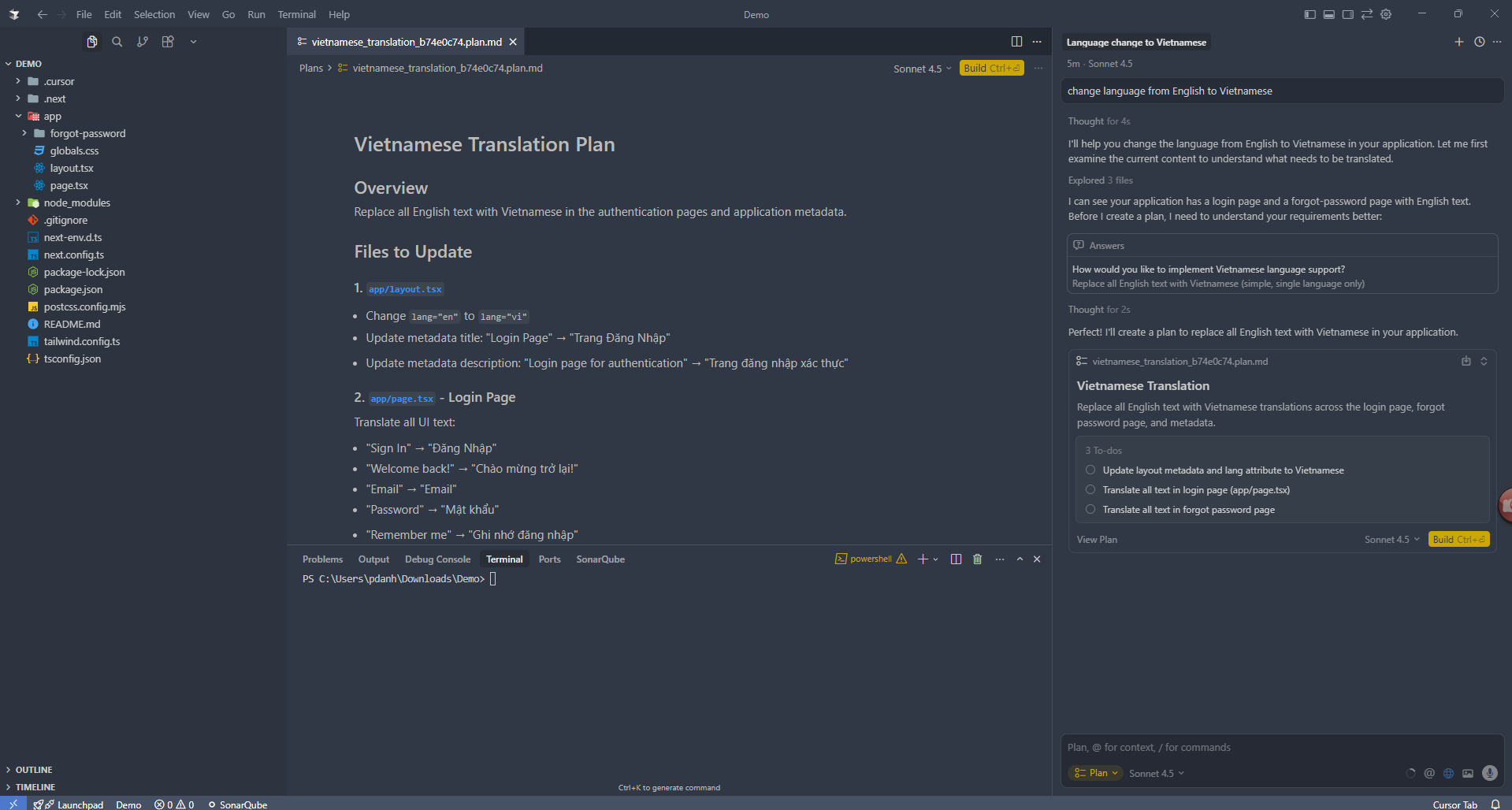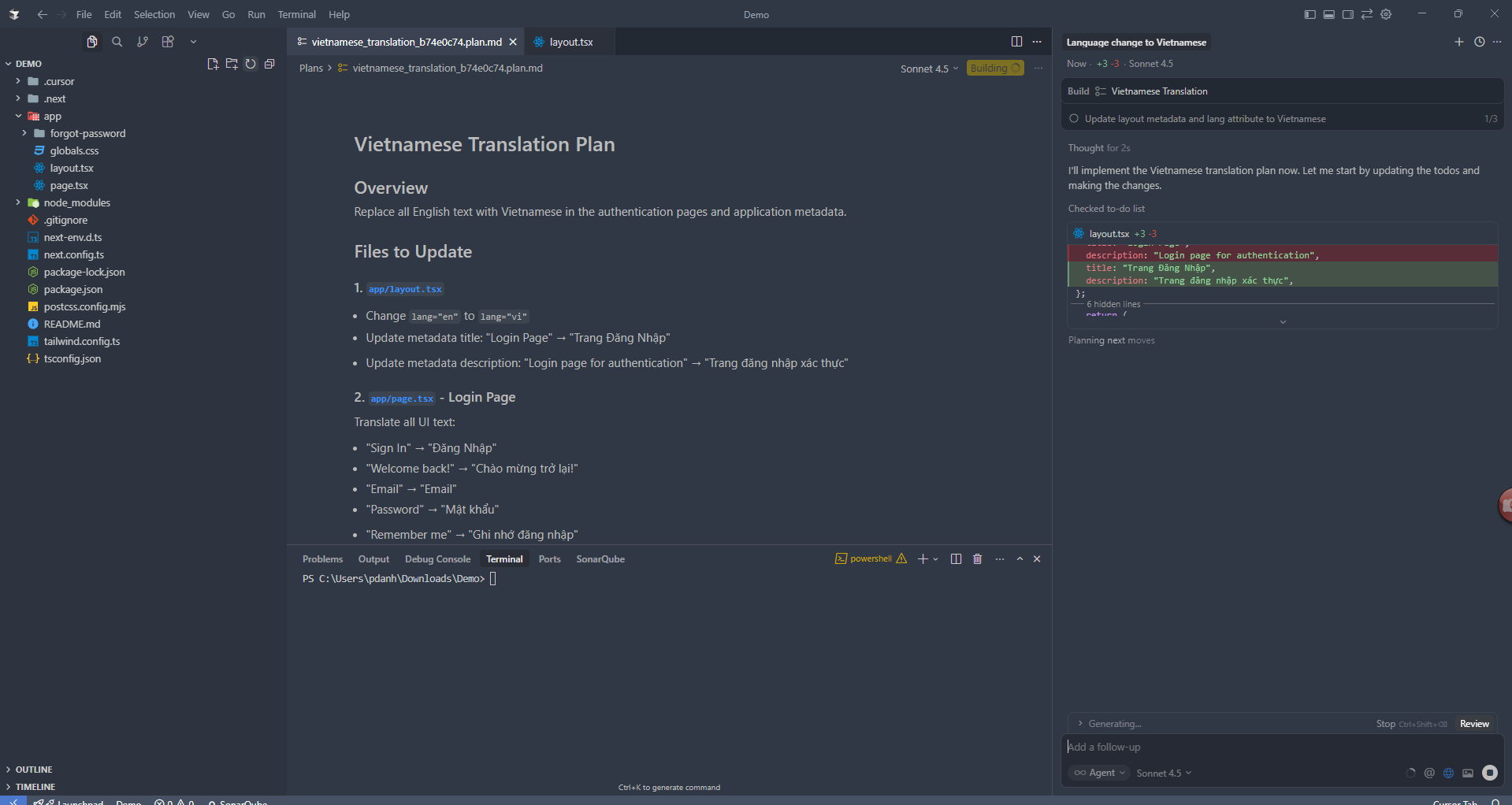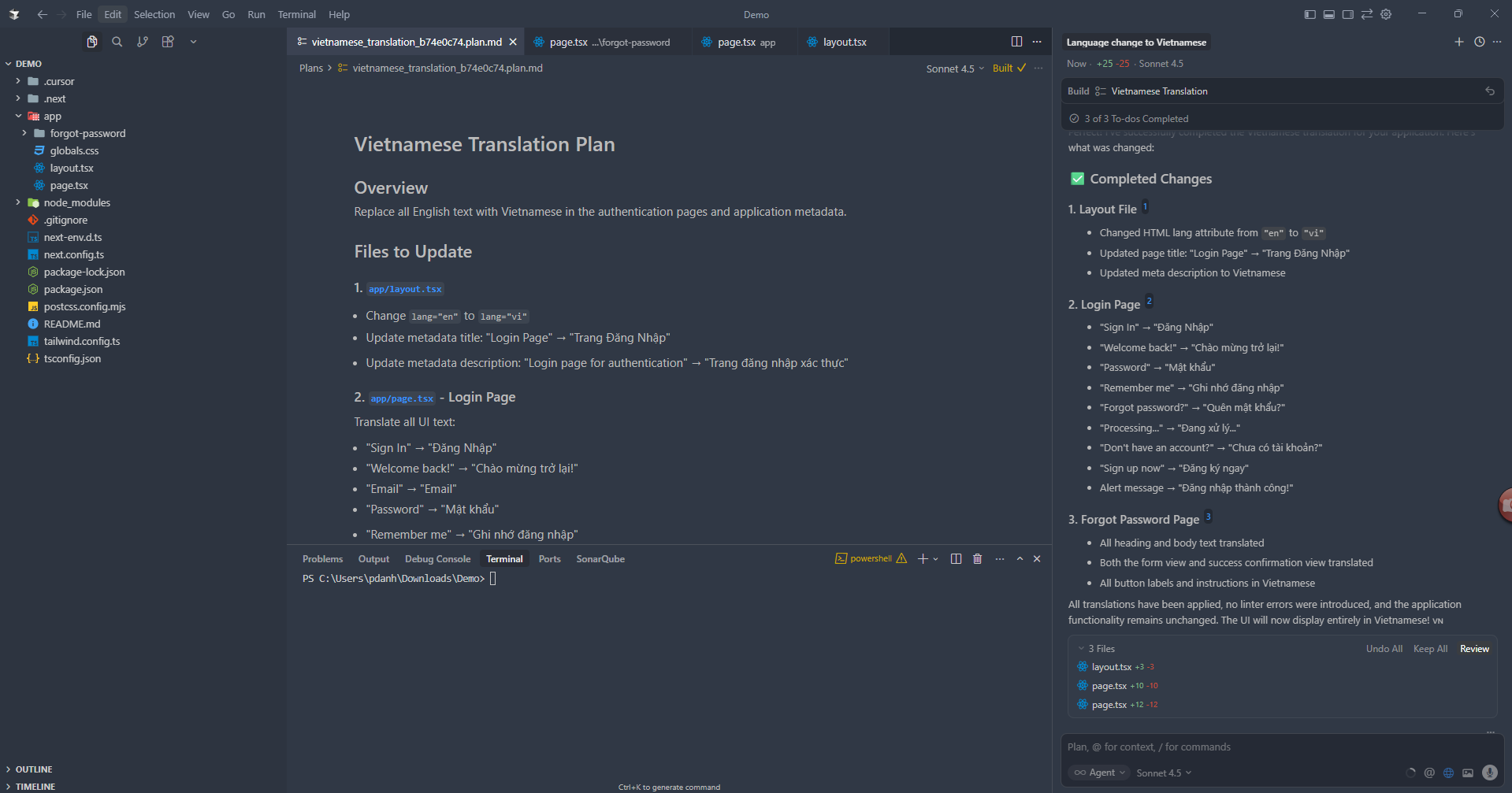Memo-taking habits recommended for all people.
People who are good at work, such as people who have the ability to take action, people who are good at speaking and writing, people who have planning skills, and people who have good judgment and decision-making skills, have the ability to take notes. They frequently write down in notebooks or diaries things they see or hear, ideas that come into their minds, lessons learned insights and so on. They often review their notes and use them in their work.
The human brain is not a universal device that remembers all events and information. On the contrary, it forgets most things. When you are busy at work, you may break out in a cold sweat and say, "I can't remember what you said to me just now".
A good way to avoid the risk of forgetting is to take memos. A memo is like an external hard disk for the brain. Therefore, you don't have to remember what you have written down.
Here are memo-taking situations and their respective purposes.
1. Meetings and conferences

There are many situations where memos are taken in the company, such as meetings and conferences, where there are many items to be noted, such as what was said and what was decided on the spot.
The memos taken in these situations are sometimes written down in the form of minutes, so the memos taken on the spot are positioned as a record for the purpose of writing them down. People's conversations in meetings unfold faster than the speed at which notes are taken, so speed and technique are required to successfully jot down only the main points.
2. Business negotiations and meetings with clients

Business negotiations and meetings with suppliers and customers are activities outside the company, so handling memos is more important than within the company. If you are inside the company, you can ask the same question again if you bow down, but if you are outside the company, it can become a trust issue for the company if it continues over and over again. Therefore, taking notes is essential, but another effect is that it is also a business technique to show that you are listening carefully to what the other person is saying and that you are taking notes to ensure that there are no mistakes.
3. Training and seminars

Memos are also very useful in training courses, seminars and other opportunities for self-improvement. In this case, the main purpose is to efficiently take home the information necessary for self-improvement, so the notes should be easy to understand when you read them back later and reproducible, so that you can easily remember them.
4. Writing down inspiring ideas

Writing down information that comes in from the outside is not the only role of a memo. It is also very important to take notes on ideas that occur to you in your mind. Ideas come to you suddenly and disappear quickly, but by writing them down, you can remember them later. It also allows you to brush them up further and develop them into a draft plan.
Conclusions
No one has a bad impression when they see the person they are talking to taking copious notes. At the same time, it gives a good impression that they are listening attentively so as not to miss anything you say, and at the same time, it gives you a sense of security that your message will be understood if they are taking this many notes.

Since the obvious act of taking memos out of necessity can make such a good impression on the other person, you should make great use of memos as a consistent communication technique.
When you see someone taking memos seriously, the person you are talking to will naturally become more serious. If that is how you get information of high value, then thank goodness for memos.
※Image source and Reference website:
- [https://www.pexels.com]
- [https://navi.dropbox.jp/memo]
- [https://next.rikunabi.com/journal/20170425_m1/]

